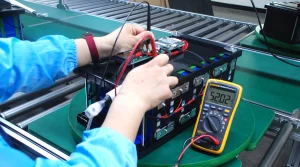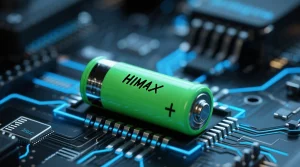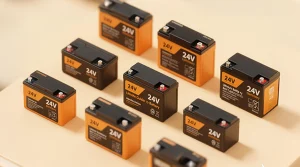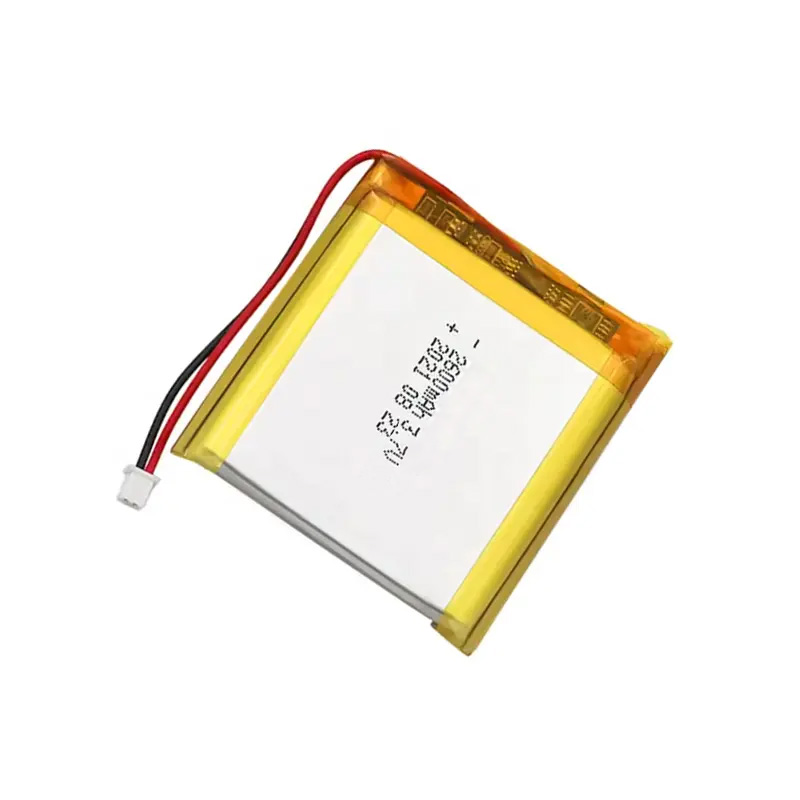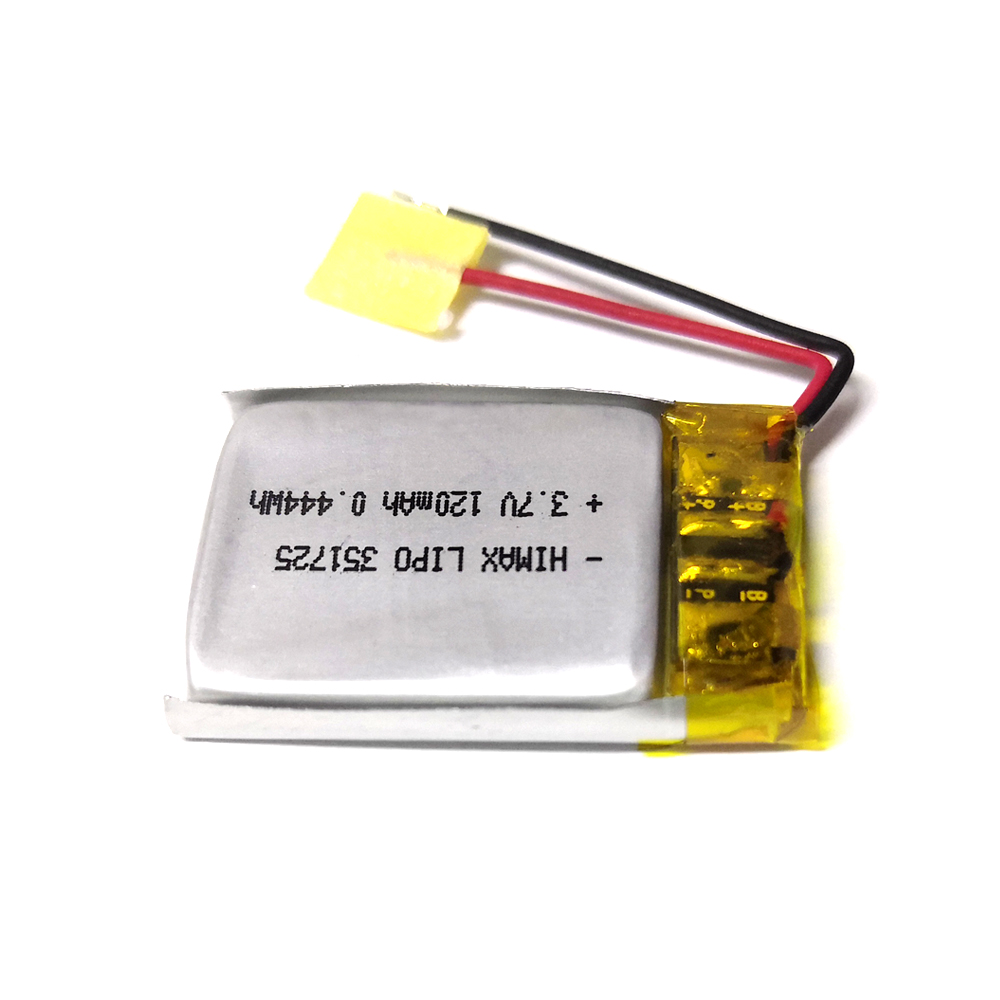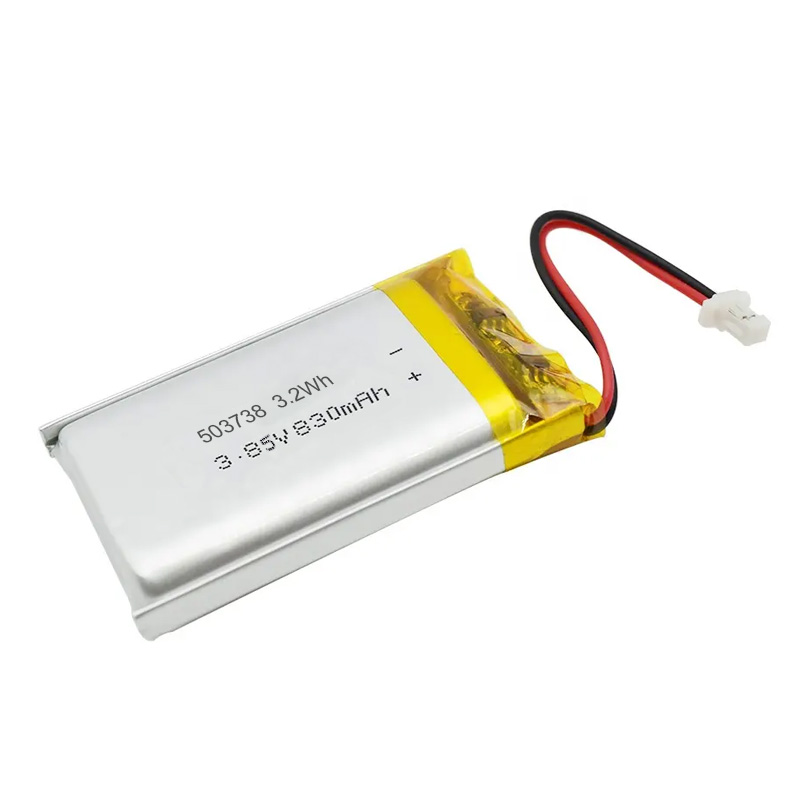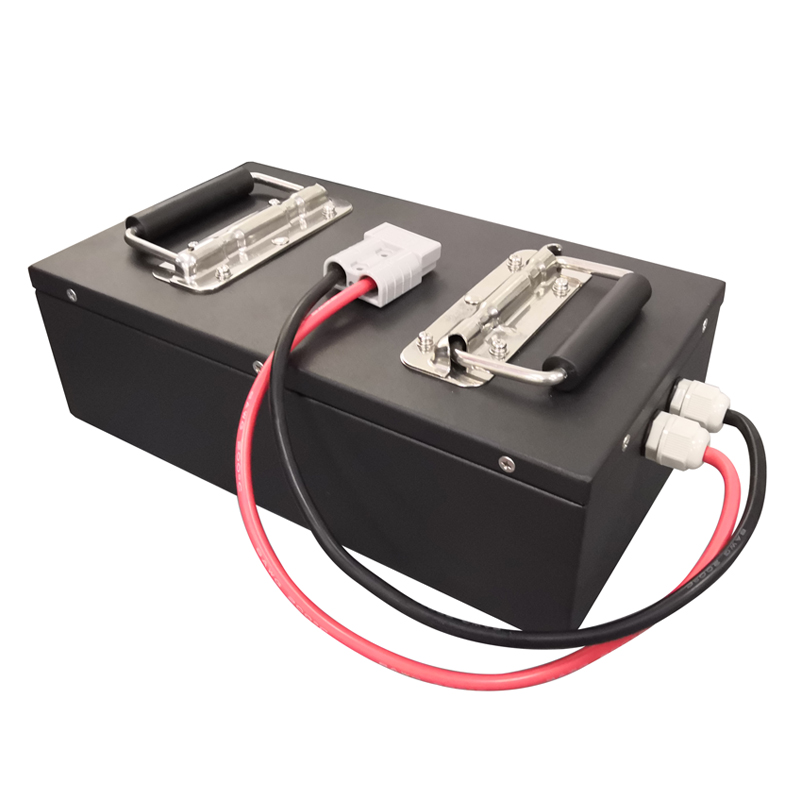The demand for durable, high-capacity battery packs for solar power systems, electric vehicles, and backup power solutions has led to a surge in the popularity of lithium iron phosphate (LiFePO4) batteries. Among LiFePO4 options, 3.2V prismatic cells stand out for their safety, stability, and adaptability in creating scalable battery packs at various voltages like 12V, 24V, and 48V. These configurations cater to a wide range of power requirements, enabling versatile applications. In this article, we’ll explore the process of building these battery packs, the unique benefits they provide, and why Himax is a leading supplier that exclusively provides top-grade LiFePO4 cells for consistent performance and reliability.
Understanding 3.2V LiFePO4 Prismatic Cells
The 3.2V LiFePO4 prismatic cell is a single unit with a nominal voltage of 3.2 volts and a rectangular (prismatic) shape. This cell design allows for efficient stacking and assembly in battery packs, enabling easy scalability. LiFePO4 chemistry is renowned for its thermal stability, long cycle life, and robust safety profile, making it a reliable choice for high-power applications. The prismatic form factor offers a compact design, reducing the amount of space needed for battery packs without compromising capacity.
For users needing battery packs with higher voltages, multiple 3.2V cells can be connected in series to achieve desired configurations like 12V, 24V, and 48V. These assembled packs serve various power needs and offer flexibility for renewable energy systems, electric transportation, and beyond.
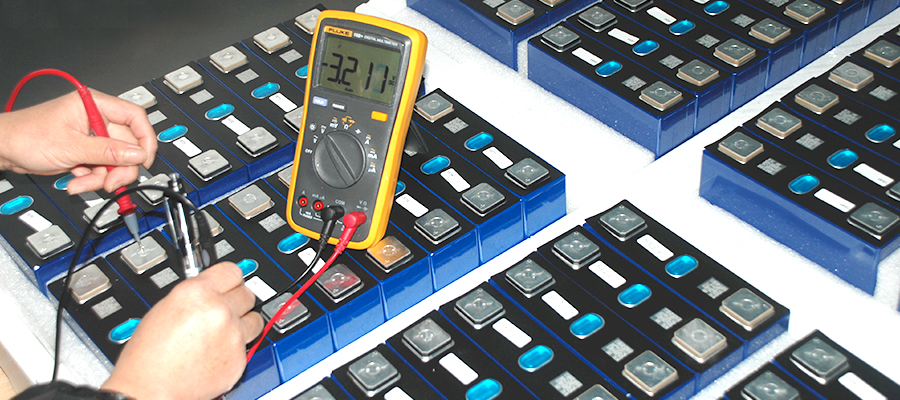
Key Benefits of 3.2V LiFePO4 Prismatic Cells in Battery Packs
- Superior Safety and Stability
One of the primary advantages of LiFePO4 chemistry is its stability, even under extreme conditions. Unlike other lithium chemistries, LiFePO4 cells are less prone to thermal runaway, making them safer for large battery packs. This safety profile is essential in applications like home energy storage and electric vehicles, where stable performance is critical. - Exceptional Cycle Life
LiFePO4 prismatic cells offer a long cycle life, often up to 5,000 cycles, depending on use conditions. This longevity is especially advantageous for applications that demand frequent charging and discharging, such as solar systems and electric mobility devices. The extended lifespan translates to lower maintenance and replacement costs over time. - High Discharge Rate Capability
These cells can sustain high discharge rates, which is beneficial in applications requiring bursts of power, such as electric vehicles and industrial equipment. High discharge rate capability also allows for reliable backup power, making LiFePO4 battery packs suitable for critical systems. - Compact and Space-Efficient Design
Prismatic cells are rectangular, allowing for more efficient use of space in battery packs. This compact design is ideal for installations with limited space, enabling users to fit more energy into a smaller footprint. - Environmentally Friendly Composition
Unlike some other lithium-ion batteries, LiFePO4 cells do not contain toxic metals like cobalt or nickel, making them more eco-friendly. For companies and consumers looking to minimize environmental impact, this is a strong selling point.
Building 12V, 24V, and 48V Battery Packs with 3.2V LiFePO4 Prismatic Cells
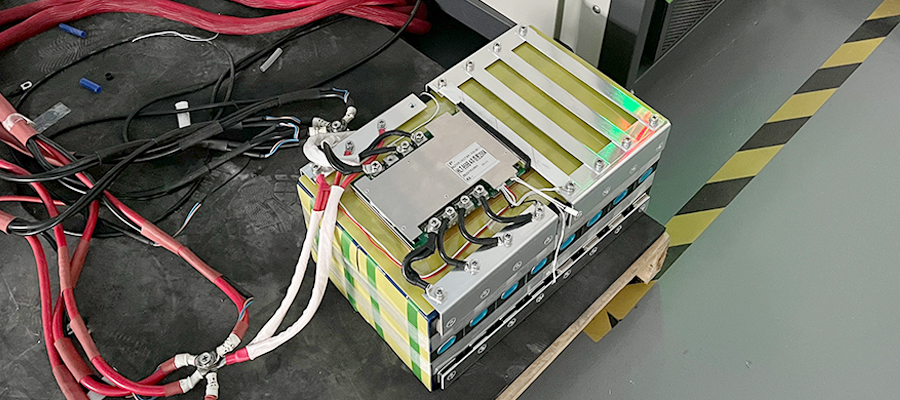
To build battery packs of varying voltages, 3.2V cells are connected in series, which increases the voltage without altering the capacity. Here’s a closer look at how these configurations are created and their typical applications.
1. Building a 12V Battery Pack
To achieve a 12V battery pack, four 3.2V LiFePO4 prismatic cells are connected in series. This configuration yields a nominal voltage of 12.8V (3.2V x 4), which is suitable for many standard 12V applications, such as small solar systems, marine use, and portable power stations.
Applications of 12V Battery Packs:
- Solar Power Systems: Many off-grid and portable solar systems operate on 12V battery packs, making them ideal for residential backup, camping, and RVs.
- Marine Use: Due to their stability, LiFePO4 12V packs are commonly used in boats and yachts, where reliable and safe power is essential.
- Portable Power Stations: 12V packs are also popular in portable power stations for charging devices and powering small appliances during travel.
Advantages of a 12V LiFePO4 Battery Pack:
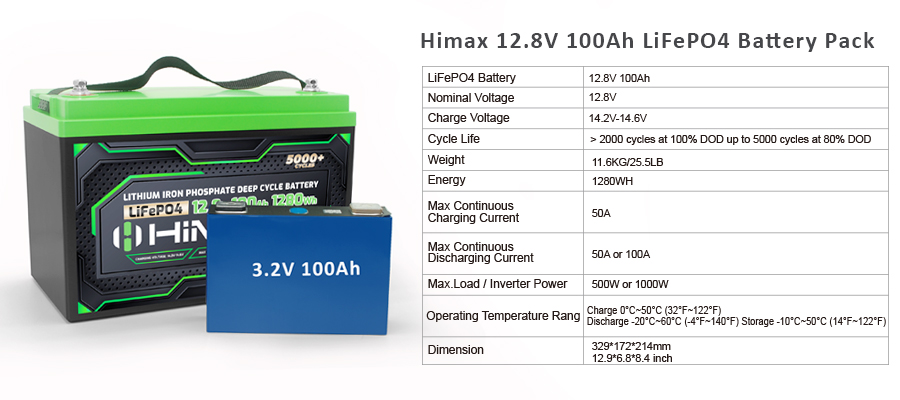
- Compact and lightweight compared to lead-acid alternatives
- Higher usable capacity due to LiFePO4’s deep discharge capabilities
- Long lifespan with minimal maintenance
2. Building a 24V Battery Pack
A 24V battery pack is created by connecting eight 3.2V LiFePO4 prismatic cells in series, resulting in a nominal voltage of 25.6V (3.2V x 8). This configuration is well-suited for medium-demand applications that require more power than a 12V system can provide.
Applications of 24V Battery Packs:
- Electric Vehicles: 24V packs are commonly used in smaller electric vehicles such as e-bikes, golf carts, and electric scooters.
- Solar Energy Storage: Mid-sized solar systems often use 24V battery packs to improve efficiency and reduce power losses.
- Industrial Equipment: Many types of industrial equipment and tools operate on 24V packs, taking advantage of the reliable energy output.
Advantages of a 24V LiFePO4 Battery Pack:
- Suitable for high-power applications with greater energy storage capacity
- Reduced current draw compared to 12V systems, which improves efficiency
- Better suited for applications where space and weight are critical
3. Building a 48V Battery Pack
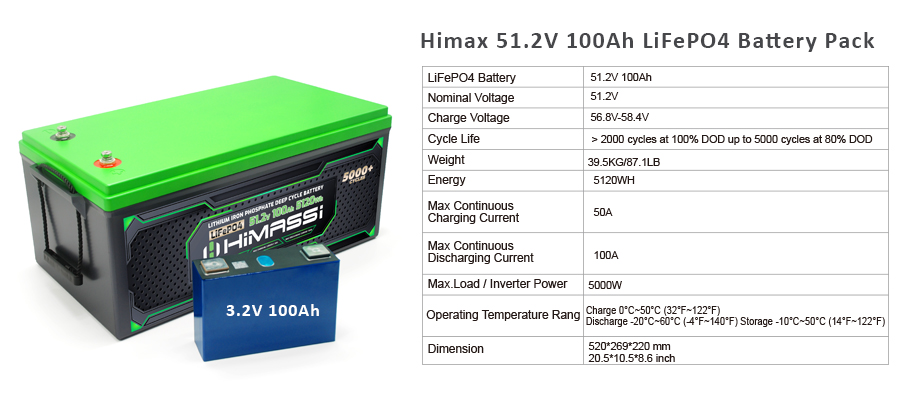
To achieve a 48V battery pack, sixteen 3.2V LiFePO4 prismatic cells are connected in series, producing a nominal voltage of 51.2V (3.2V x 16). This configuration is ideal for applications with substantial power requirements and is frequently used in larger solar energy systems, backup power solutions, and high-performance electric vehicles.
Applications of 48V Battery Packs:
- Home and Commercial Solar Systems: 48V battery packs are widely used in residential and commercial solar setups to store solar energy and provide power during peak hours or outages.
- Electric Vehicles (EVs): Many electric vehicle systems operate on 48V battery packs, which deliver the high power output needed for larger vehicles.
- Backup Power Solutions: Data centers, telecom towers, and other critical infrastructure require stable 48V backup systems to ensure continuous operation.
Advantages of a 48V LiFePO4 Battery Pack:
- Ideal for high-demand applications, supporting larger power loads and longer discharge times
- Reduces current flow, improving efficiency and reducing heat build-up
- Versatile for integration into scalable systems for larger setups
Key Considerations for Building and Using LiFePO4 Battery Packs
When assembling 12V, 24V, or 48V battery packs from 3.2V LiFePO4 cells, there are several important factors to consider:
- Battery Management System (BMS)
A Battery Management System is essential for monitoring and protecting the battery pack. It helps manage charging, discharging, cell balancing, and thermal regulation, safeguarding against overcharge, over-discharge, and overheating. Choosing a quality BMS ensures that your battery pack will function safely and reliably over its lifetime. - Series and Parallel Configurations
Battery packs can be configured not only in series (to increase voltage) but also in parallel to increase capacity. Parallel configurations allow for higher energy storage without changing voltage, making them ideal for applications needing extended battery life. - Quality of Cells
Using high-quality cells is crucial for achieving consistent performance and longevity. Top-grade LiFePO4 cells ensure that the battery pack will deliver stable power and withstand thousands of cycles. Himax is a trusted supplier that exclusively provides Grade A LiFePO4 cells, ensuring top performance in all configurations. - Thermal Management
While LiFePO4 chemistry is inherently stable, thermal management is still important in larger packs, especially in high-demand applications. Proper ventilation and temperature monitoring help prevent overheating, which extends the battery’s life and improves safety. - Certification and Compliance
For commercial applications, it’s essential to ensure that battery packs comply with relevant safety standards and certifications, like CE, UL, and RoHS. Certified products provide peace of mind and meet regulatory requirements for international shipping and installation.
Why Choose Himax for Your LiFePO4 Battery Pack Needs
When sourcing LiFePO4 battery packs, choosing a reliable supplier is essential for quality assurance and dependable performance. Himax stands out as a premier supplier of LiFePO4 cells and battery packs, offering only Grade A LiFePO4 prismatic cells. Himax’s cells undergo rigorous testing and quality control to ensure they meet the highest industry standards, providing safe and long-lasting battery solutions for a wide range of applications.
Himax also offers extensive customization options, allowing buyers to specify battery pack configurations tailored to their unique power needs. From consultation to post-sale support, Himax provides end-to-end service, making it an ideal partner for businesses seeking reliable, high-performance LiFePO4 battery packs in various voltage configurations.
In conclusion, 3.2V LiFePO4 prismatic battery cells are a versatile and efficient choice for creating 12V, 24V, and 48V battery packs. Whether for solar energy storage, electric vehicles, or industrial power solutions, these battery packs offer impressive cycle life, safety, and scalability. By choosing Himax as your supplier, you ensure that your battery packs are built with top-grade components that deliver both reliability and performance.

